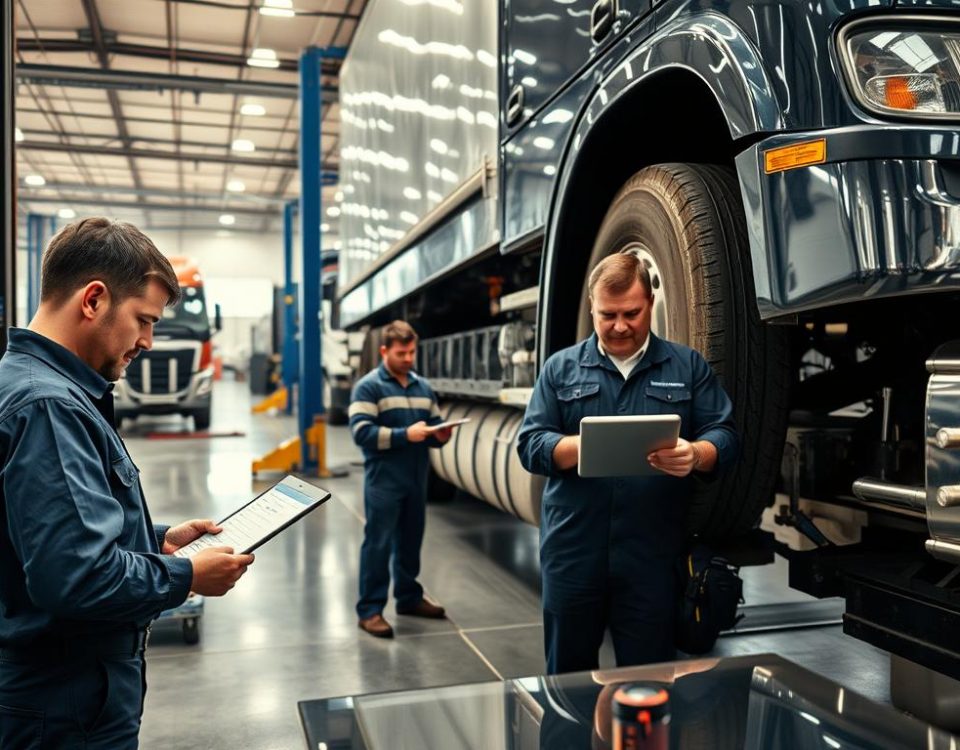Car Vibrating Signs That Require Auto Repair
Choosing The Right Auto Service
It can be very frustrating when you’re on the road and your car suddenly won’t start. If your car is gas powered, you need gas, air, and a spark to fire your engine up. Your car will remain at rest if one of those three malfunctions. Depending on the symptoms, you can actually pinpoint what’s wrong. Miracle Body and Paint in San Antonio, Texas has listed some of the most common reasons why a car fails to start:
- Clogged Fuel System
The fuel system involves the gas tank and the engine. Gas is pumped from the gas tank to the engine. It becomes ignited when combined with air. If the fuel pump fails or the fuel filter becomes clogged, the fuel won’t be able to make it to the engine and the car won’t be able to start.
- Faulty Ignition
The ignition switch is what creates the path for the electricity needed to generate the spark that creates the air and fuel mixture. There is no detonation if the switch fails, resulting in a cranking engine that won’t fire. Other symptoms include the key not turning in the ignition and flickering dash lights.
- Bad Starter
If your vehicle’s starter has gone bad you will hear a single click, or a series of clicks, when you turn the key in the ignition. That is the sound of the starter motor actuating, but not spinning.
- Bad Alternator
The alternator is what charges the vehicle’s battery. If the alternator goes bad, the battery’s power will quickly be drained and the car will not be able to start. You may notice a slow cranking engine, or a completely dead car.
- Dead Battery
A dead battery is one of the most common causes of no starts. Batteries can die if accessories or lights are left on for extended periods, but they can be jump started and recharged. They can also die because of age and regular use. Check your battery’s expiration date if you turn the key and get no response. It may be time for a new one.


